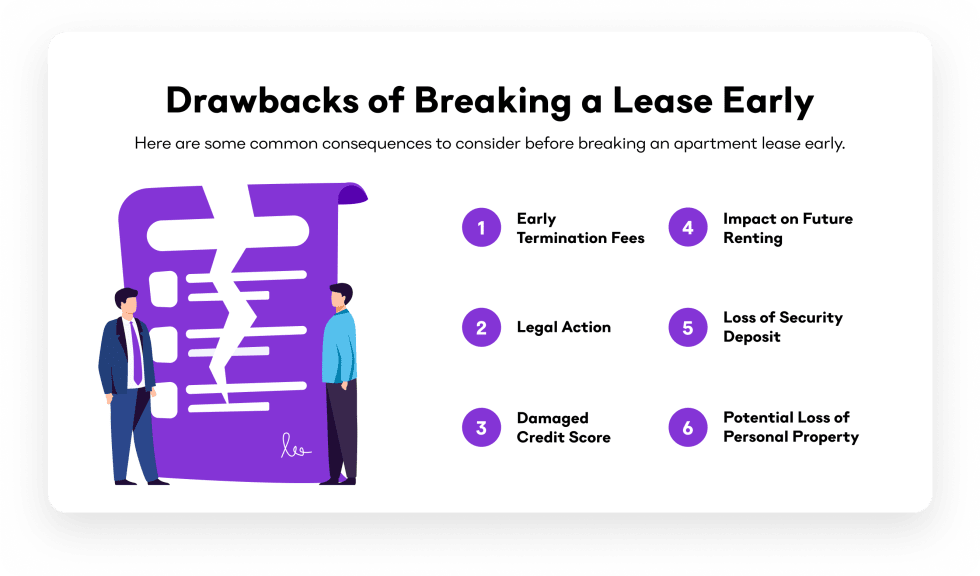What to Expect When You Break a Lease Early

The rental industry is always shifting, with an increase of renters than ever rethinking their residing situations. Searches about “can you break a lease” soared by over 70 percent within the last few year alone, reflecting a clear trend. Whether it is a work change, unexpected economic issues, or a connection change, your choice to break a lease is not one to get lightly. Understanding the significant facets at play can save you from unexpected economic and legitimate headaches.

Early Terminations on the Rise
A recent evaluation across major US cities unveiled that approximately 18 per cent of tenants contemplate breaking their lease before the full expression ends. That mirrors broader improvements in employment, life style, and actually emotional wellness priorities. Knowledge also suggests that younger renters, particularly those outdated 18 to 34, are probably the most probably to make a shift mid-lease. If you are in that class, you are definitely not alone.
Financial Penalties Prime the Record
The most quick matter tenants have is the financial impact. Study results suggest that 65 percent of landlords charge some form of early termination price, which can range from the price of a single month's rent to the full total book remaining in your agreement. Around 28 % of renters surveyed claimed they overlooked these charges, resulting in surprise expenses that collection right back their budgets.
Hidden Fees and Other Costs
It's not merely about firing fees. Some landlords also withhold security deposits or demand for re-listing the property. An average of, renters can eliminate an additional 20 percent of the deposit if the residence requires cleaning or fixes after an early on exit. Understanding these figures may help with choice creating before giving notice.
Legitimate and Credit Consequences
Breaking a lease can follow you in more methods than one. Almost 22 % of renters who shattered their leases without settling reported a indent with their credit report. Landlords may send your unpaid balances to collections, rendering it tougher to book elsewhere or protected loans. Also, being sued for unpaid lease is just a actual, if less popular, risk.
Appropriate Reasons and Negotiations
Not all lease breaks are handled equally. The absolute most commonly recognized reasons include wellness and security violations, military arrangement, or significant property damage from functions like normal disasters. More than half of tenants polled properly negotiated with their landlords for a low payment or simpler terms if they provided certification for such reasons.
The Communication Factor
Data implies that visitors who communicated early and overtly with their landlords could actually save an average of 35 percent on penalty costs. Setting expectations, discussing certification, and arranging for an alternative tenant may all help reduce the fallout. The earlier you start the conversation, the greater your chances to minimize costs and defend your credit score.
What the Developments Inform Us
Lease-breaking is clearly trending upward. Yet, the risk of sudden prices and appropriate difficulty stays high for many who don't plan ahead. Reviewing your lease deal, understanding the fine print, and seeking legal advice if required are wise first steps.
Examining lease-breaking data can provide tenants a sharper photograph of what's at stake, rendering it more straightforward to consider their possibilities and avoid economic missteps. Being organized and aggressive changes what is actually a key setback in to a well-managed transition.
